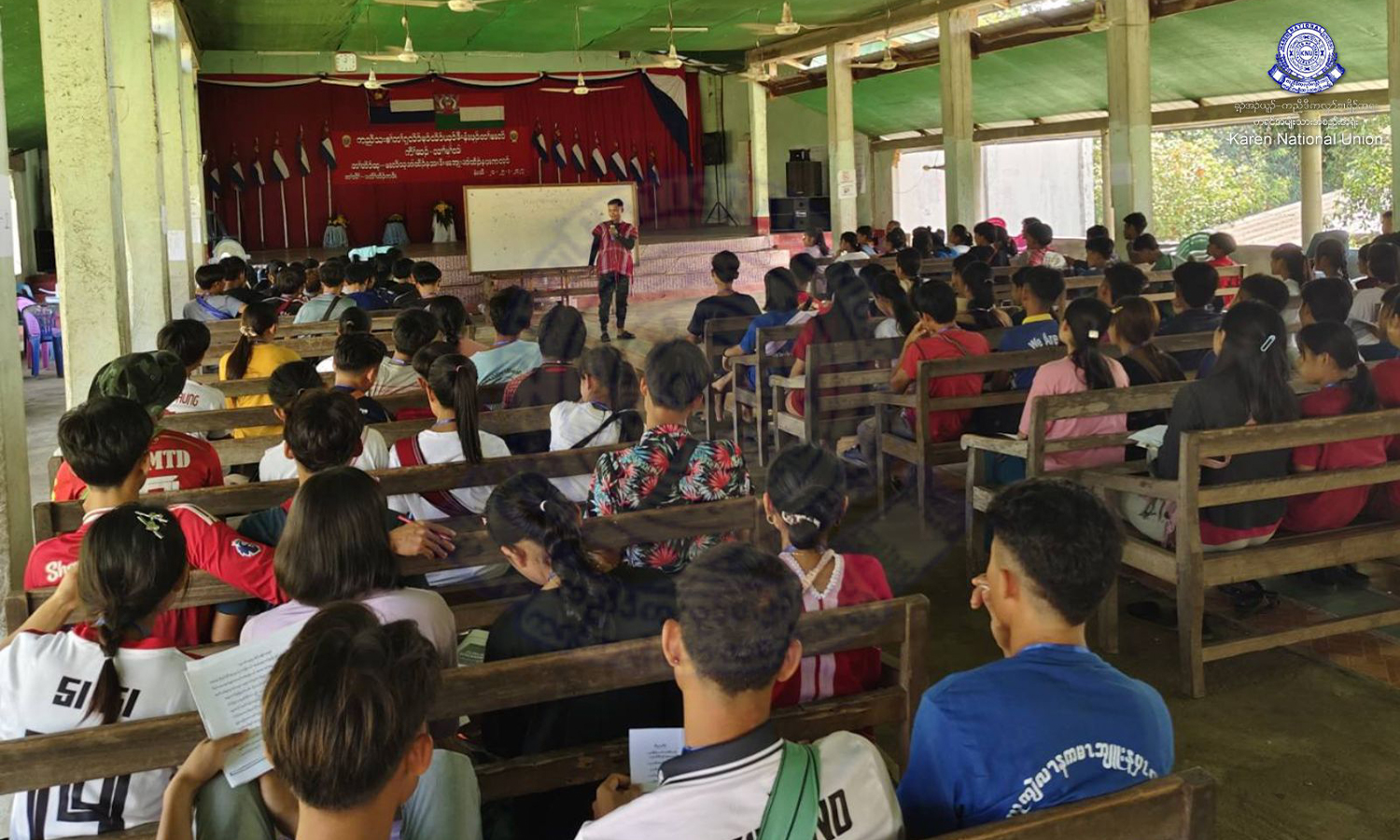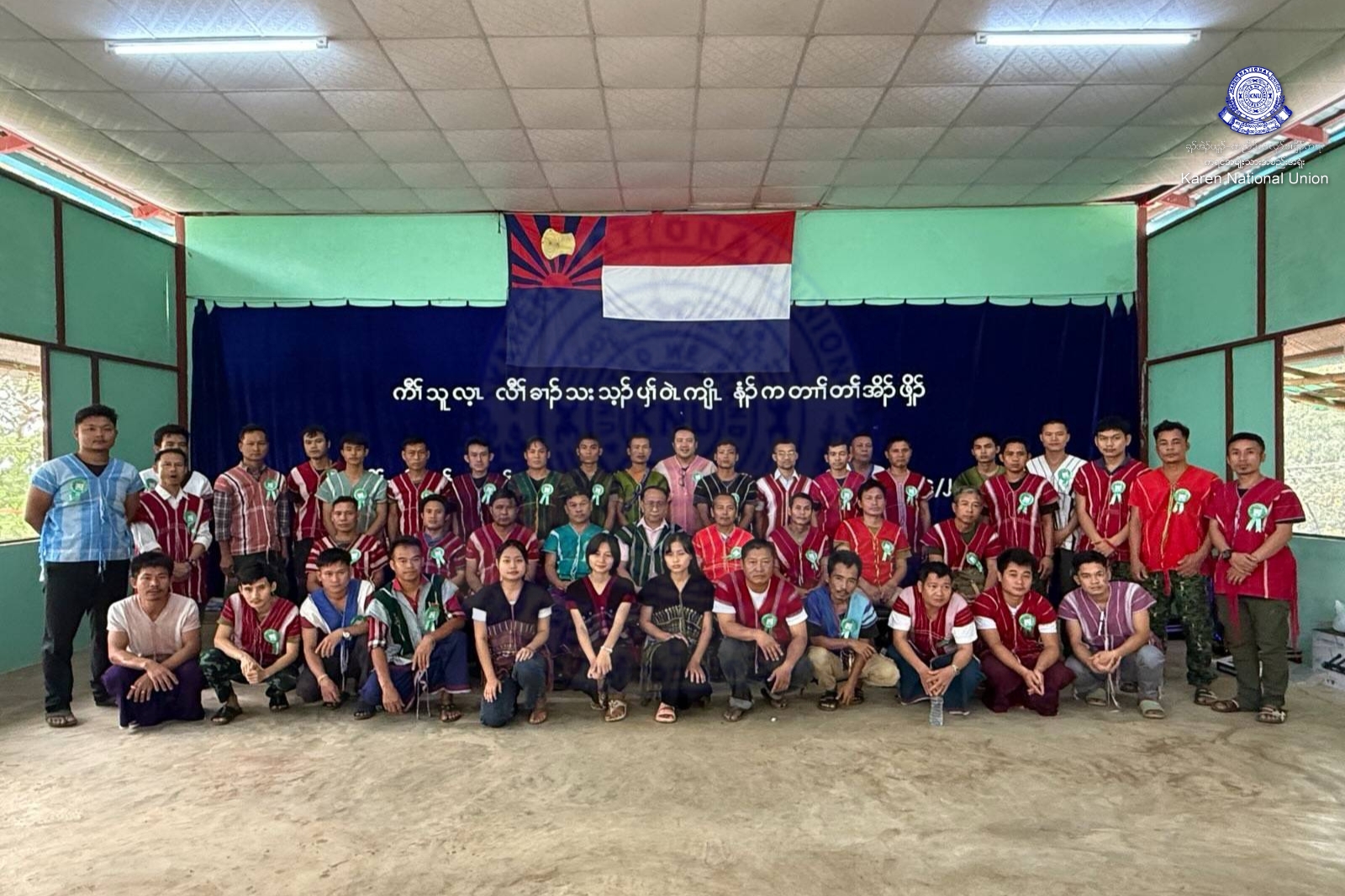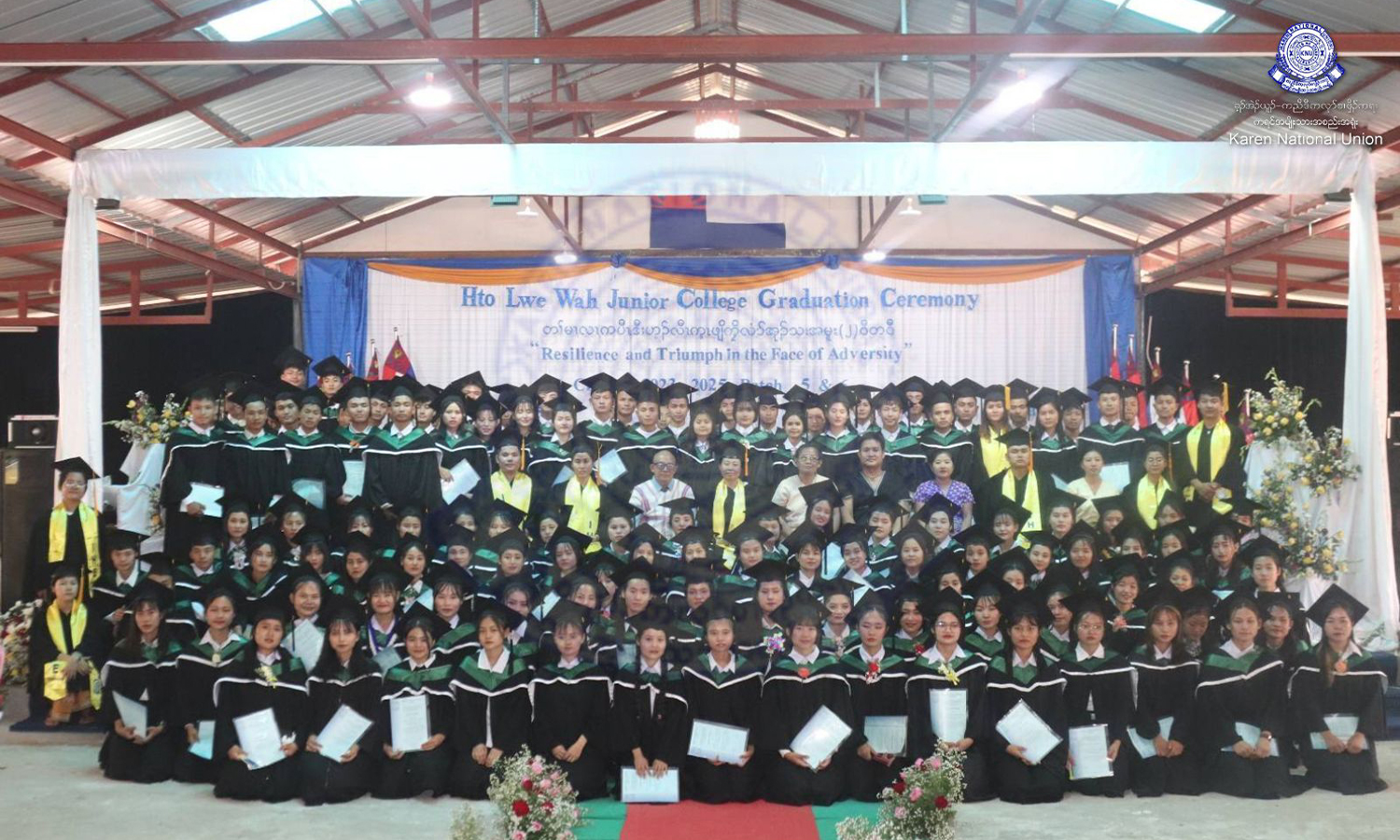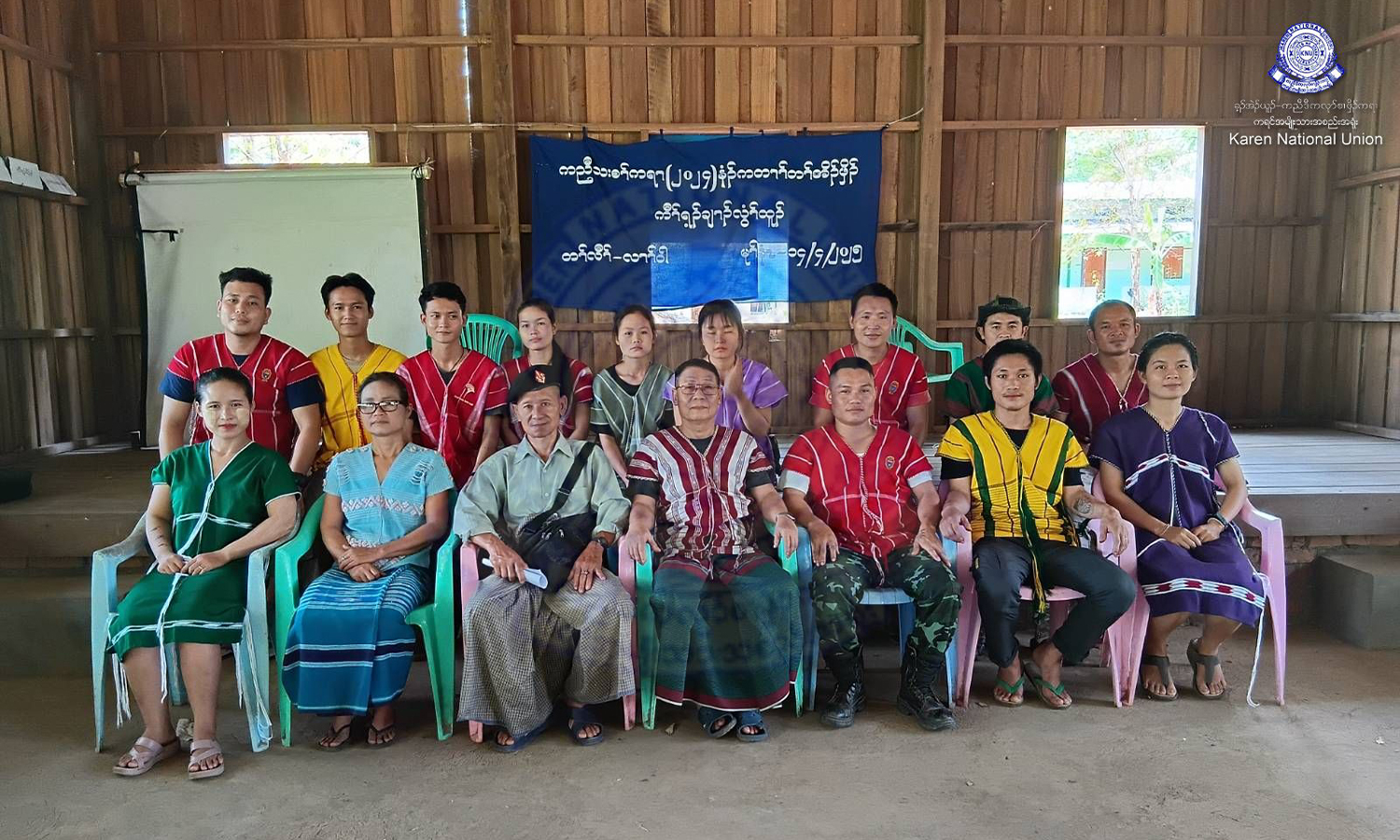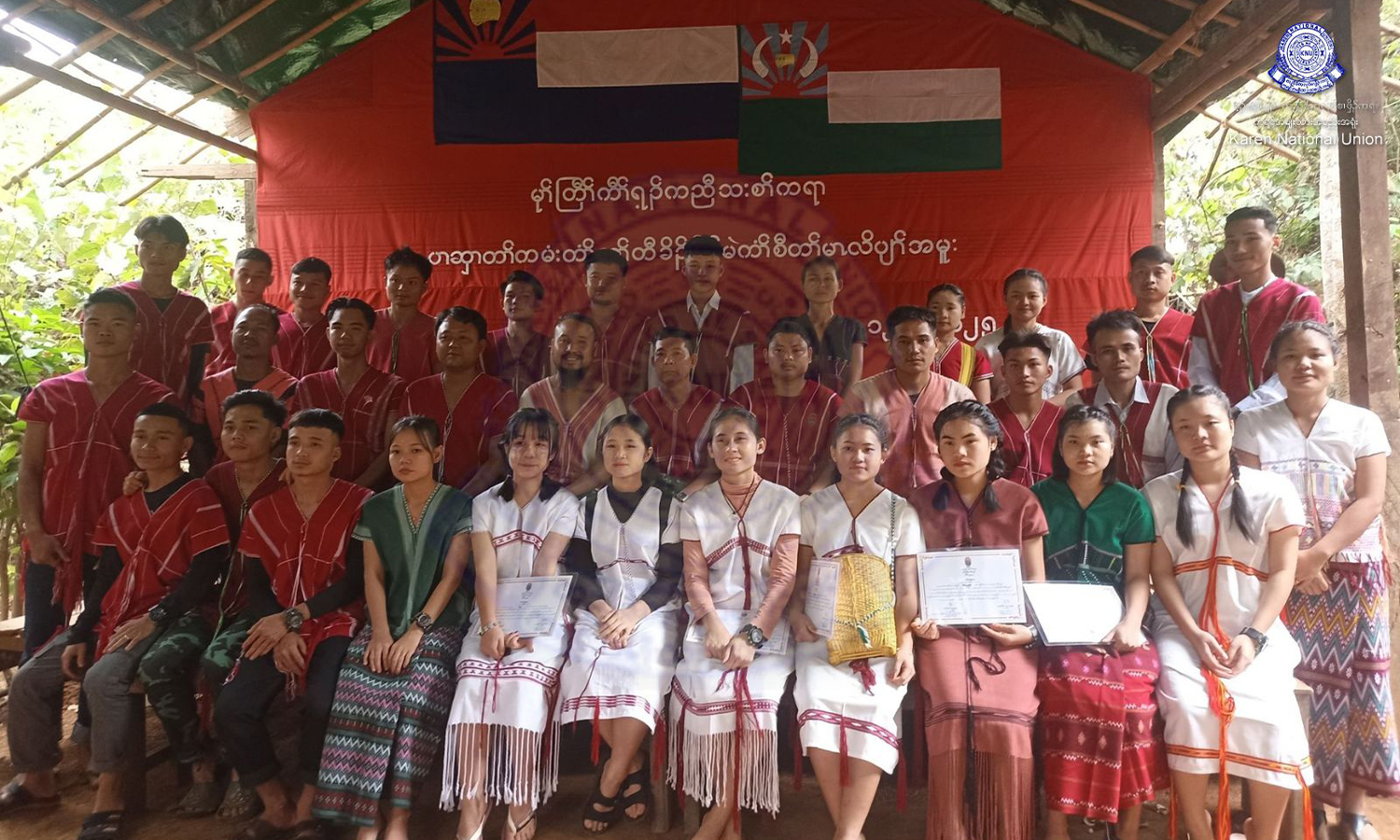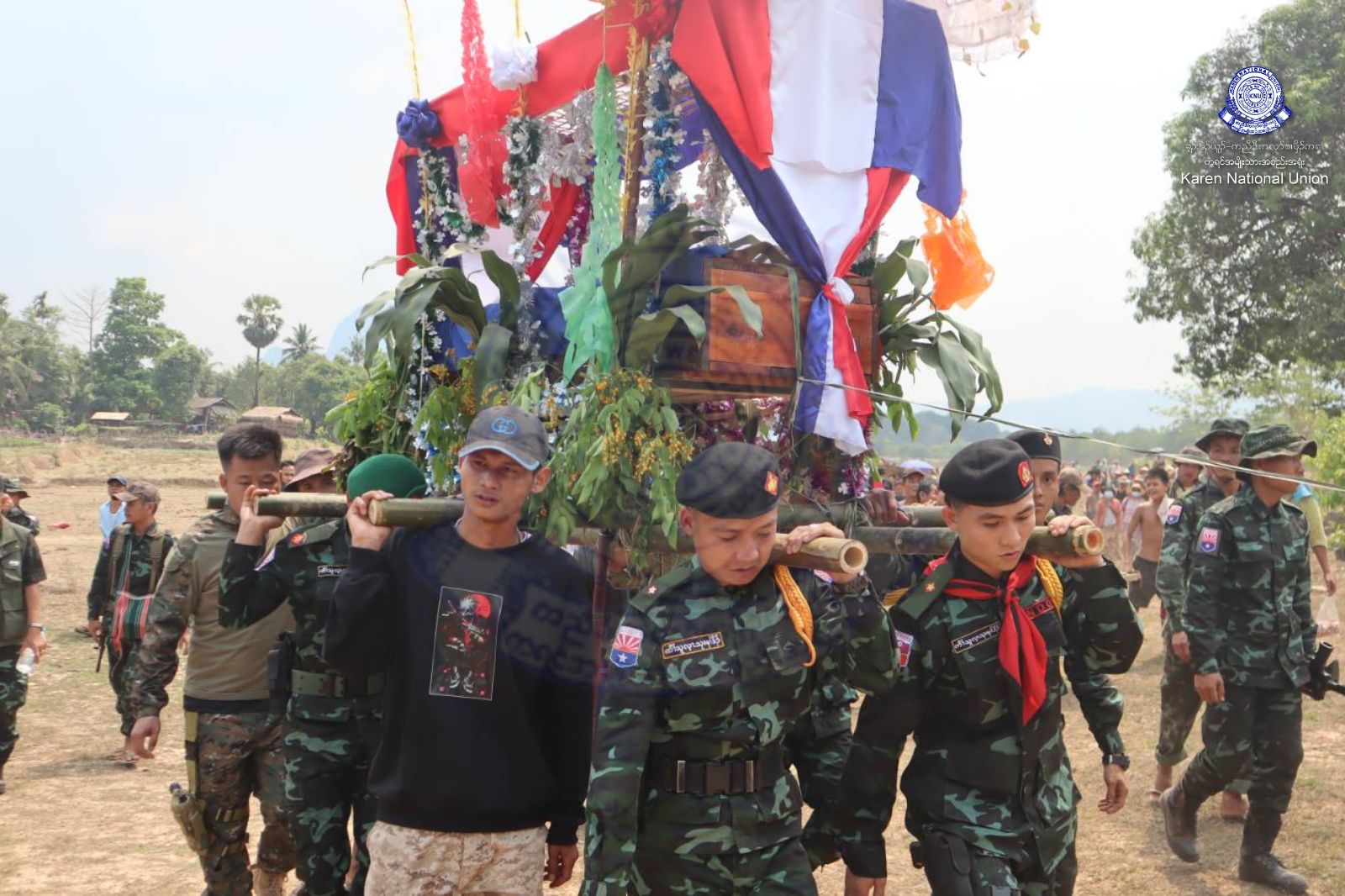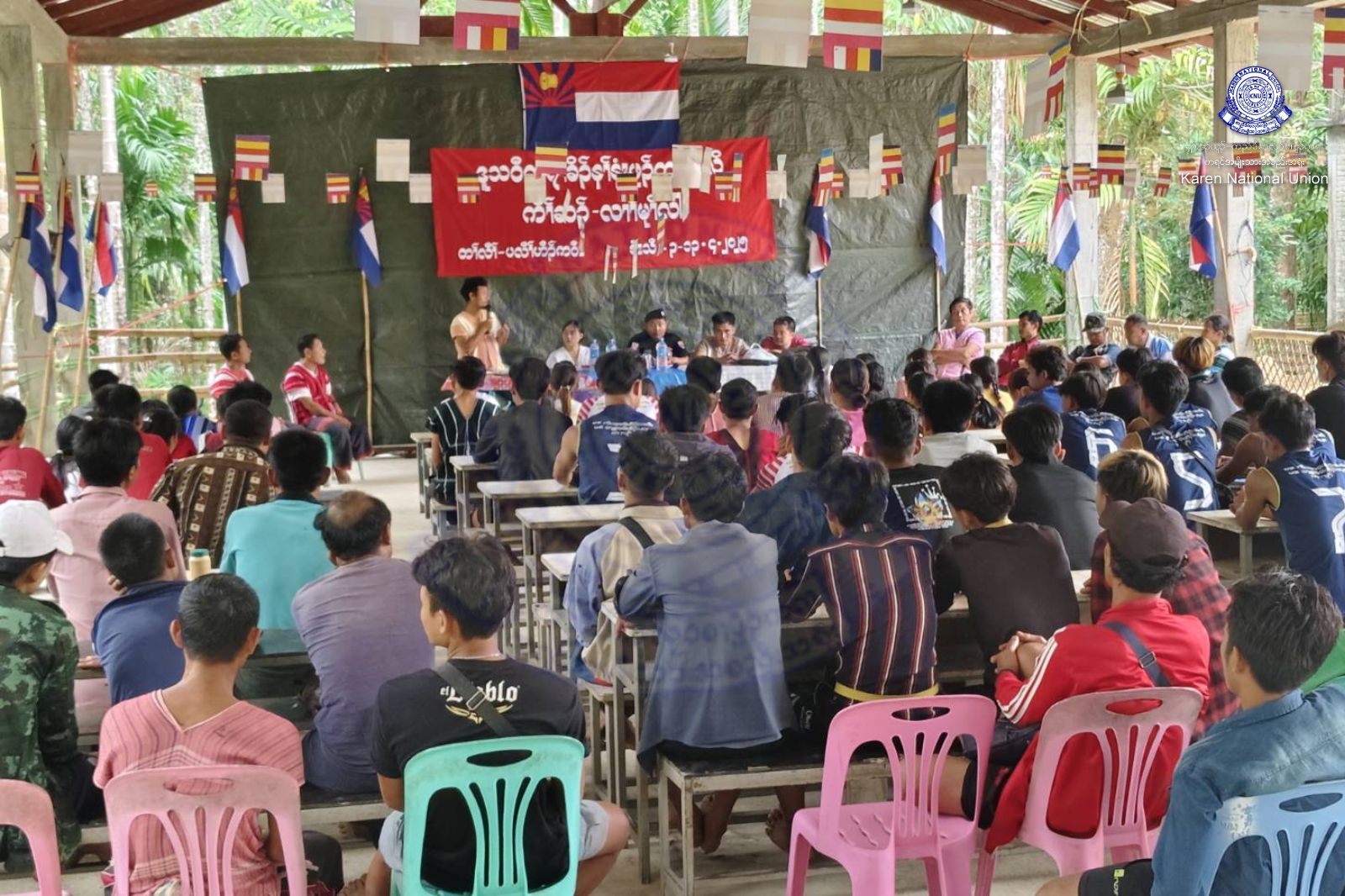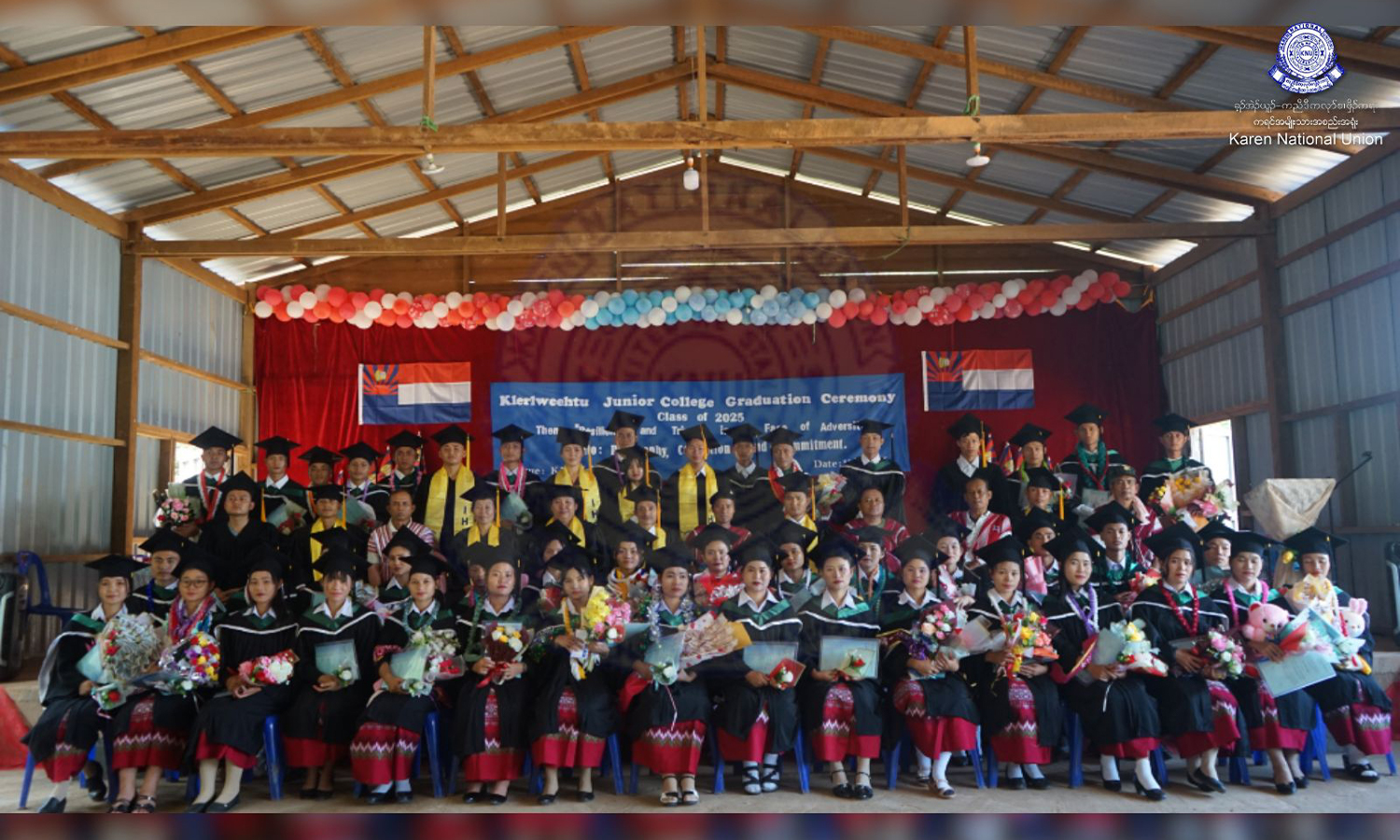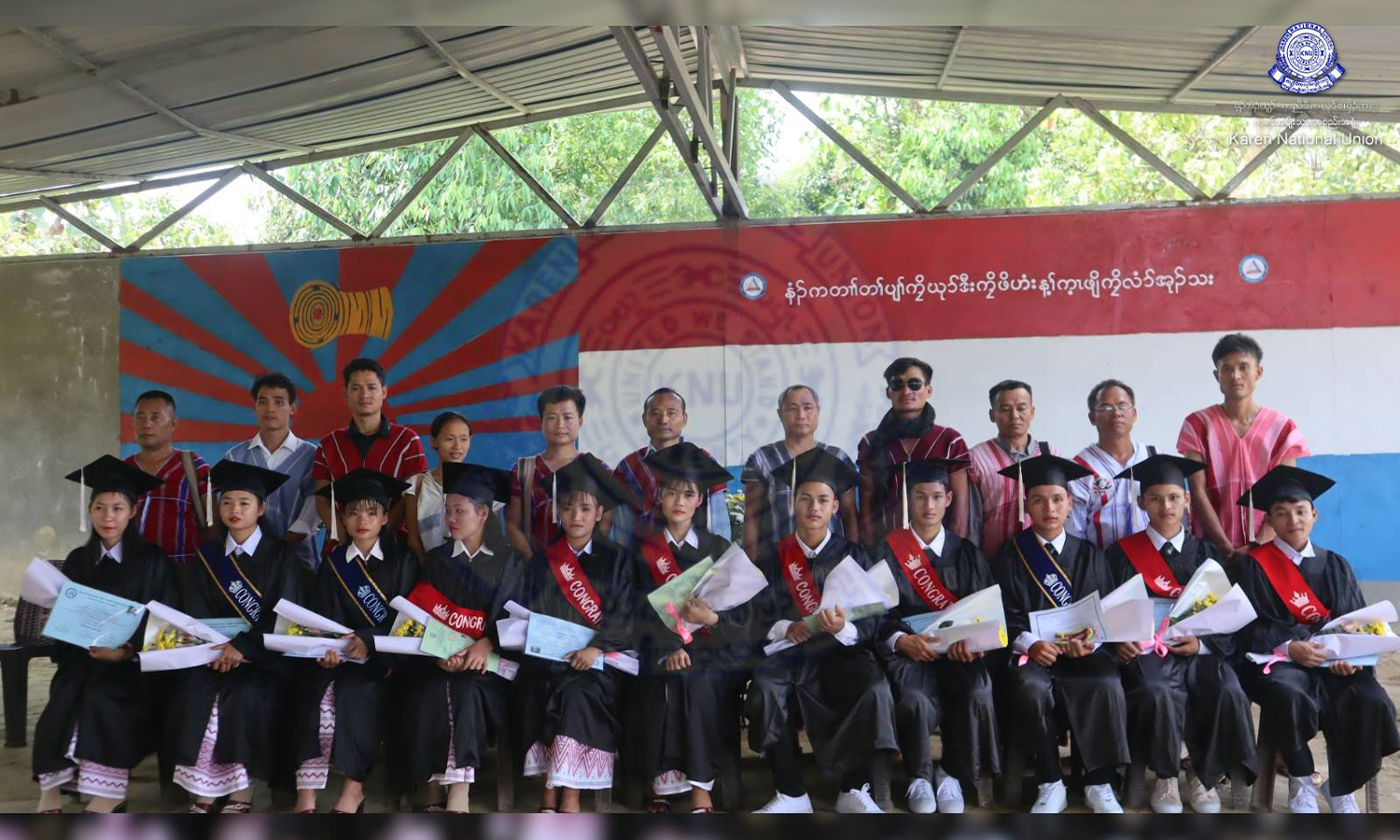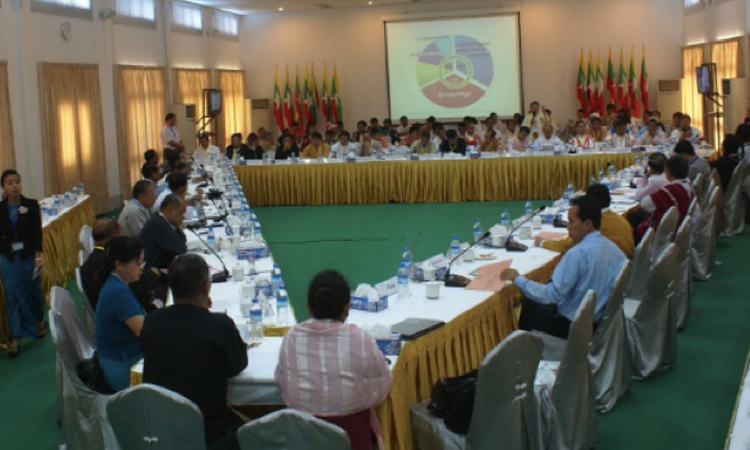 Peace Process
Peace Process
NCCT, UPWC and Political Parties Held Tripartite Dialogue in Rangoon To Discuss the Current Peace Process
Representatives of Nationwide Ceasefire Coordination Team (NCCT), Union Peace-Making Work Committee (UPWC) and 61 Political Parties met for the second time to discuss the current Peace Process in Burma. The tripartite dialogue was jointly organized by NCCT and UPWC at Myanmar Peace Centre (MPC) from 9 am until 4 pm on the 27 September 2014.
The day before the tripartite dialogue meeting commenced, NCCT and UPWC completed the sixth-round of the Nationwide Ceasefire negotiations. The negotiations were held over five days at the same location, resulting in the approval of the fourth single text document draft of Nationwide Ceasefire Agreement.
Following opening speeches from NCCT and UPWC leaders, an opportunity was given to the political parties to present their views on the current Peace Process, and the future political dialogue. 61 out of 67 political parties in Burma attended this meeting. 34 out of the 61 political parties present were actively involved in the meeting discussions. Of that 18 were Ethnic political parties.
Plone-Swaw Democratic Party Vice-chairman Mahn Aung Pyi Soe said, "We fully support the current Nationwide Ceasefire negotiations, and would like to see the Ethnic Armed Organisations (EAO’s) and the government sign the Nationwide Ceasefire Agreement as soon as possible, then begin the framework for political dialogue. However, we want to make sure that the Nationwide Ceasefire is secure and includes important elements such as the Ceasefire Code of Conduct and Monitoring." All the meeting participants echoed this.
Naing Han Tha leader of NCCT said in his closing speech, “We have heard people suggest that the points which are stalling the agreement should be carried over to the political dialogue, and then the Nationwide Ceasefire Agreement can be signed soon. We respect their opinions however, according to our past experiences, we want the ceasefire process to be secure and concrete, not only in name. If we accept easily and make a mistake it can be broken, and then we will be victims of the conflict again. Therefore, I would like to assure everyone that we will continue to try hard, and we have the same desire of the political parties to gain peace”.
During the closing speech of Minister U Aung Min, responded to the summary of the meeting. Once again he addressed the questions raised by the Political Parties about the Unlawful Association Act (17/1), and if it would be abolished following the signing of the Nationwide Ceasefire Agreement. Minister U Aung Min said again, “After signing the Nationwide Ceasefire Agreement, those organisation who have signed will be aborted from the 17/1 list”. Concerning the negotiations that were held over the last 5 days and portrayed in the media as not positive, he said, “There is a saying in Burmese, before an elephant moves forward, it takes one step back. Therefore, I proclaim that we will try very hard to move forward”.
Although no official statement was released, all parties in the meeting agreed that the current Peace Process is the only way to resolve the six decades long political conflicts in Burma. It was also said that they would like to see the political dialogue start as quickly as possible.
The framework for political dialogue will begin within 60 days after the signing of Nationwide Ceasefire Agreement, and the political dialogue will start within 90 days.




